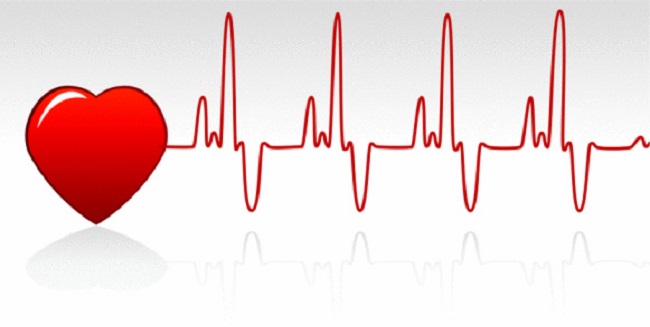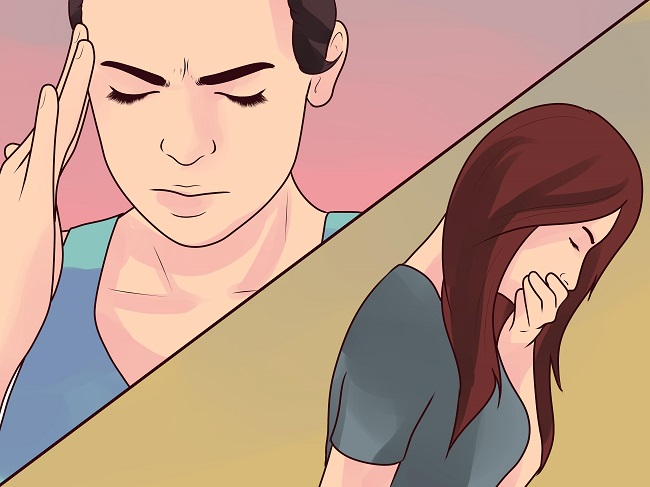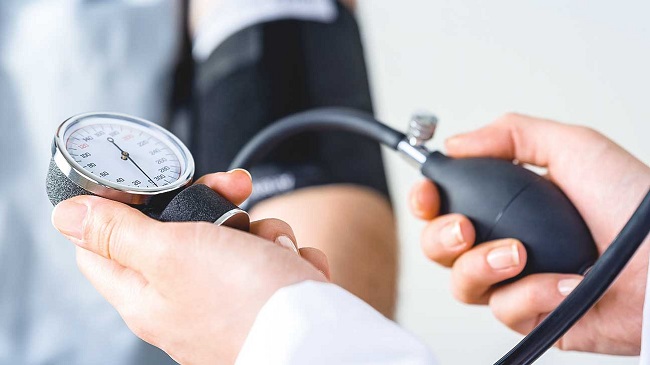6Are you breathing right?
Advertisement
Sometimes if you have breathing issues, or have a rough cough or if you have ever coughed up blood, you should get careful. And it’s always safer to consult a doctor if you ever feel you are not breathing right.

Image Source: www.safebee.com
7Is your heart racing?
Advertisement
If your heart is beating faster than usual, chances are you have a blood coagulation. Basically, the circulation of O2 slows down when there is a blood clot, and the heart rate goes up.

Image Source: digest.bps.org.uk
8Blurry vision or slurred speech
Advertisement
Temporary vision impairment, or seeing blurs might be a chance that you have a blood clot. It can also cause seizures or speech impairment or slurred speech. What happens is sometimes fats get deposited in the blood vessels and cause coagulation which affects circulation. If you ever experience blurry vision or issues with your speech, you should immediately talk to a doctor.

Image Source: steemit.com
9Nausea or throwing up
Advertisement
Sometimes nausea, vomiting, and irritable bowel syndrome can be signs of a blood clot. To be honest, nausea can mean a lot of things, but at times they are warning signs of blood clots. Blood clots occur in veins which drain out blood from our intestines, and hence causes nausea and diarrhea.

Image Source: wikihow.com
10Is your blood pressure high?
Advertisement
If your blood pressure is mostly high, it might be a warning sign of a blood clot. A blood clot in your kidneys will prevent them from getting rid of the waste, which disrupts the circulation. This can cause kidney failure, high blood pressure or swelling in a certain areas.

Image Source: www.healthline.com